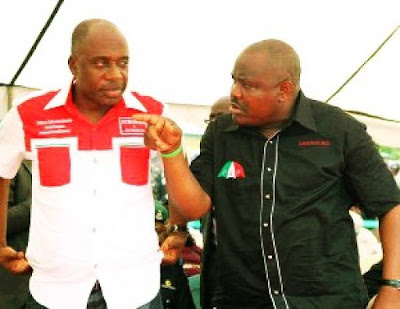By Ikechukwu Amaechi
On Saturday, November 18, 2017, the good people of
Anambra will elect the person who will govern the state for the next four
years.
All eyes will be on the state not only because this is a
standalone election but also because of the antecedents of the political
gladiators. General elections are more than a year away from now. The reason
why this governorship election is holding on Saturday rather than the first
quarter of 2019 is ensconced in the womb of Anambra politics.
 |
| *Peter Obi and Willie Obiano |
For those who may have forgotten, in 2003, the then
ruling Peoples Democratic Party (PDP) and political godfathers with former
President Olusegun Obasanjo as their patron saint orchestrated an unprecedented
electoral heist that denied Peter Obi, who ran on the platform of the Chekwas
Okorie-led All Progressives Grand Alliance (APGA), victory. Dr. Chris Ngige,
the PDP candidate, was handed the political diadem.
It was a brazen affront on the inalienable right of the
people to elect their leaders.



















